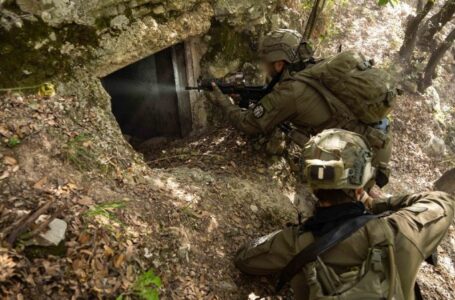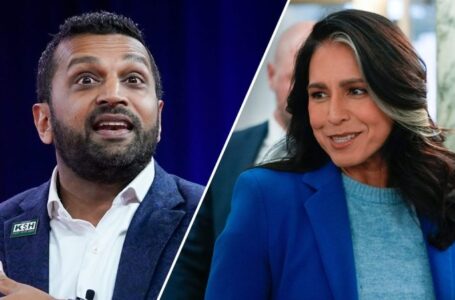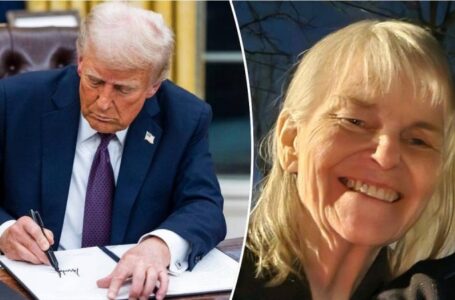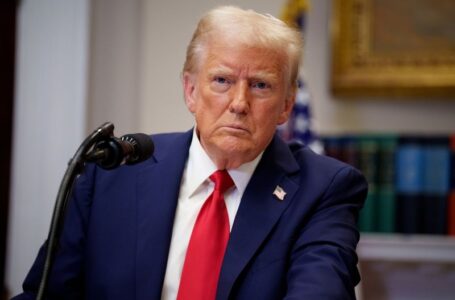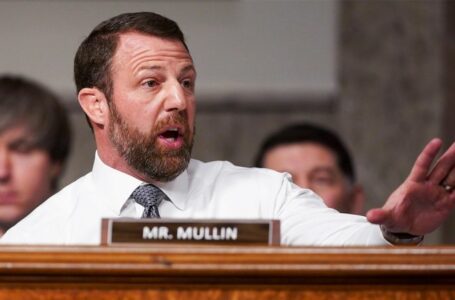Israel’s military will remain in Lebanon as ceasefire deadline nears
Israel seeks to remain in Lebanon past Sunday withdrawal deadline
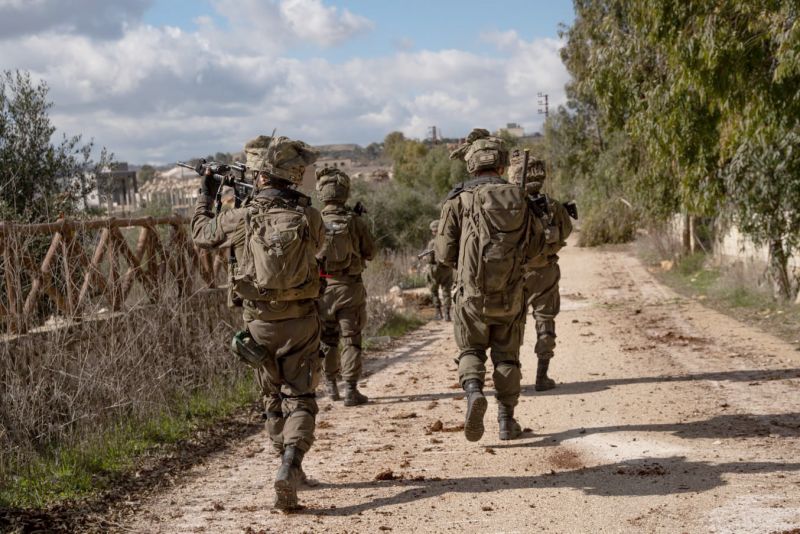

The Israeli government is seeking to keep military positions in southern Lebanon past a Sunday withdrawal deadline, set in a November ceasefire agreement between Israel and Hezbollah, the country’s ambassador to the US said on Thursday.
The Israeli military invaded southern Lebanon on October 1 – the culmination of a yearlong, low-level war with Hezbollah, which attacked Israeli-held territory on October 8, 2023, in solidarity with Hamas.
It is unclear whether the Trump administration has responded to the request or taken it to the Lebanese government. Former President Joe Biden’s envoy brokered the agreement between Israel and Hezbollah, the Lebanese militant group backed by Iran.
In a statement, a US Department of Defense official appeared to suggest that the timeline could be malleable.
Michael Herzog, Israel’s ambassador in Washington, told Israel’s Army Radio on Thursday that a 60-day deadline set out in a November ceasefire agreement “is not set in stone.”
“We are currently in discussions with the Trump administration in order to prolong the duration of time needed for the Lebanese army to deploy and fulfill its duties according to the agreement,” he said. “There is an understanding in the incoming administration about what our security needs are and what our position is, and I believe that we will reach an understanding in this issue as well.”
“The cessation of hostilities commitments that went into effect Nov. 27, 2024, state that IDF withdrawal from the Southern Litani area should be accomplished in 60 days,” the official said. “That timeline was set to try to generate speed of action and progress. And progress has been made.”
“The Lebanese Armed Forces have shown that they have the commitment, will, and capability to execute the arrangement,” the official added.
According to the November agreement, both Israeli and Hezbollah forces must withdraw from southern Lebanon by January 26, the end of that 60-day period.
An Israeli official who described Israel’s request to the US said Israel has requested a 30-day extension and has said it would re-assess the viability of withdrawing from southern Lebanon at the end of that extension. The official said all of the outposts Israel has asked to maintain are alongside the Israel-Lebanon border.
The Lebanese military and UN peacekeepers will be the only forces allowed in southern Lebanon. Hezbollah must pull its forces north of Lebanon’s Litani River – a frontier beyond which the militant group was not supposed to have advanced under a 2006 United Nations Security Council resolution.
“That is not yet the case,” Israeli government spokesperson David Mencer said of Hezbollah’s withdrawal and the Lebanese military’s deployment in a briefing Thursday. “There is movement, but it is not moving fast enough.”
In a statement on Thursday, Hezbollah said that were the Israeli military to remain in Lebanon past Sunday, it “would be considered a brazen breach of the agreement” that would require the Lebanese state “to deal with it by every means at its disposal afforded to it by international treaties in order to retrieve the land and snatch it from the clutches of occupation.”
US sees ‘a very positive path’
There has for some time been speculation in Israel that the government would seek to change the terms of its ceasefire with Hezbollah once Trump took office.
The exact situation in southern Lebanon is decidedly opaque. The Israeli military has spent these past months of the ceasefire feverishly destroying Hezbollah weapons and military infrastructure and leveling several Lebanese villages near the border. Hezbollah’s military posture is unclear.
The clearest picture has been painted by the US military, which together with the French government and the United Nations is monitoring the ceasefire.
US Major General Jasper Jeffers, who leads the American effort, said after a trip to southern Lebanon last week that Lebanese military “checkpoints and patrols operate effectively throughout south-west Lebanon.” He said that the belligerents were “on a very positive path to continue the withdrawal of the IDF as planned.”
Earlier this month, Lebanon’s parliament elected Joseph Aoun, supported by the US and formerly the military chief, as president. It ended more than two years of stalemate that had resulted in a presidential vacuum. The election was brought about by a robust Saudi effort to rally the necessary support for Aoun.
In his acceptance speech, viewed as a blueprint for a six-year tenure, Aoun vowed to monopolize weapons under the mandate of the state. It was an earth-shattering promise, marking a clear break with the decades-old unwritten policy to preserve Hezbollah’s militant wing which has been de facto been tasked with facing off against Israeli forces.
The American optimism over the ceasefire is not shared by many civilians from northern Israel, who have been slow to return to communities emptied by war. Residents of Kiryat Shmona are set to demonstrate against the Israeli withdrawal from Lebanon on Sunday.
“Most communities are still empty,” Sarit Zehavi, who runs the Alma Research and Education Center, which specializes in security issues in northern Israel. “People want to come back.”
There is a widespread fear in northern Israel, she said, that military withdrawal will give Hezbollah carte blanche to deploy close to Israel’s border, under the nose of the Lebanese military.
“The Lebanese army is far from disarming Hezbollah,” she said. “We are very worried what will happen if the IDF fully withdraws and the IDF enforcement will stop, because we don’t see the Lebanese army doing anything.”
Lauren Izso, Eugenia Yosef, Charbel Mallo, Tamara Qiblawi and Max Saltman contributed to this report.

